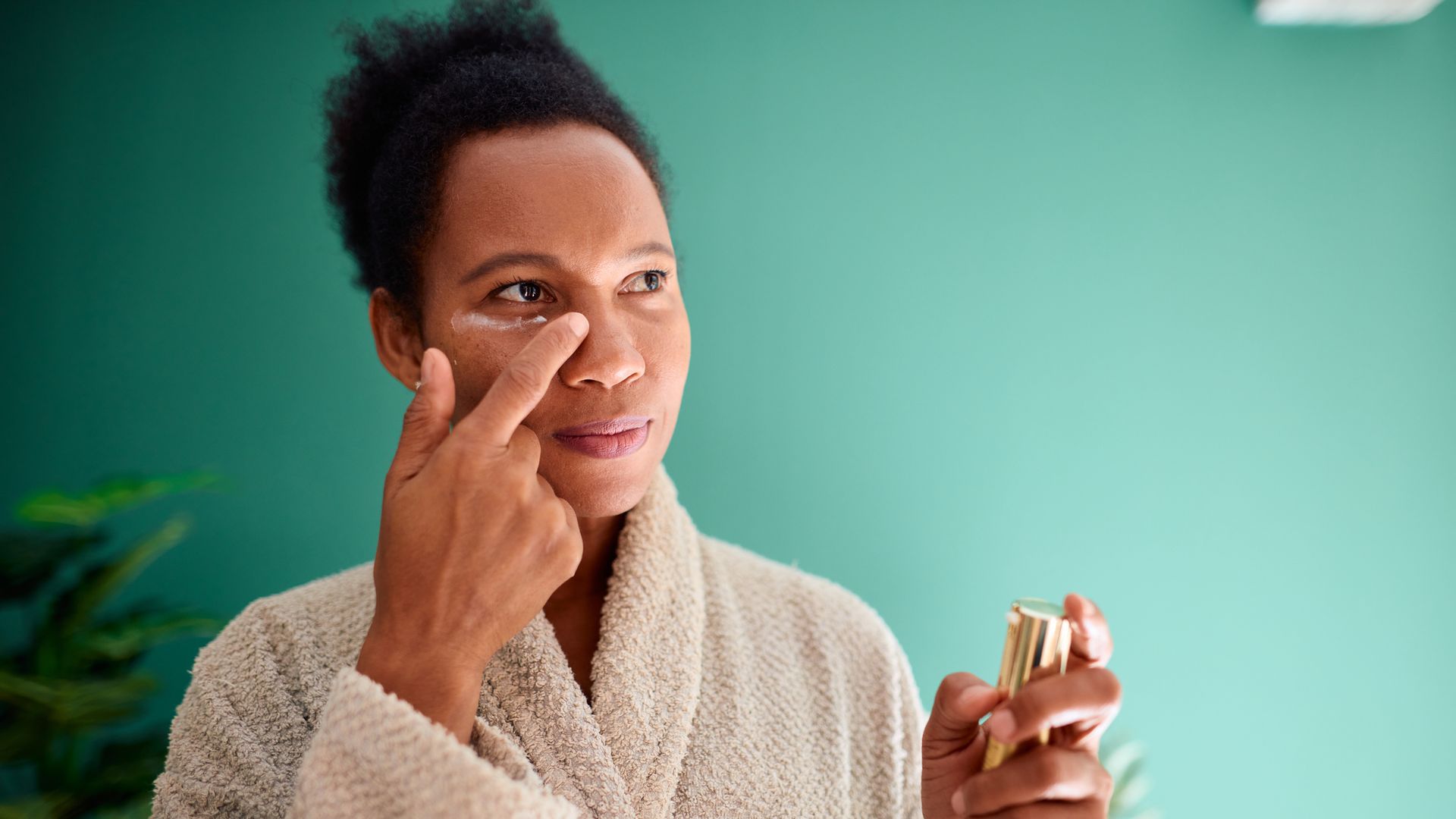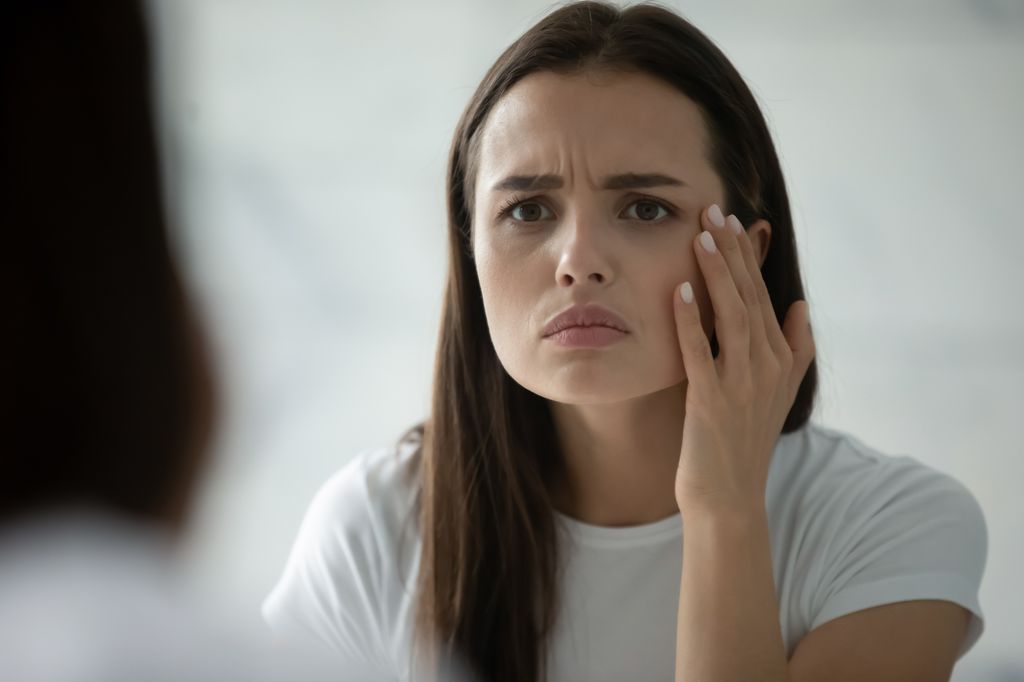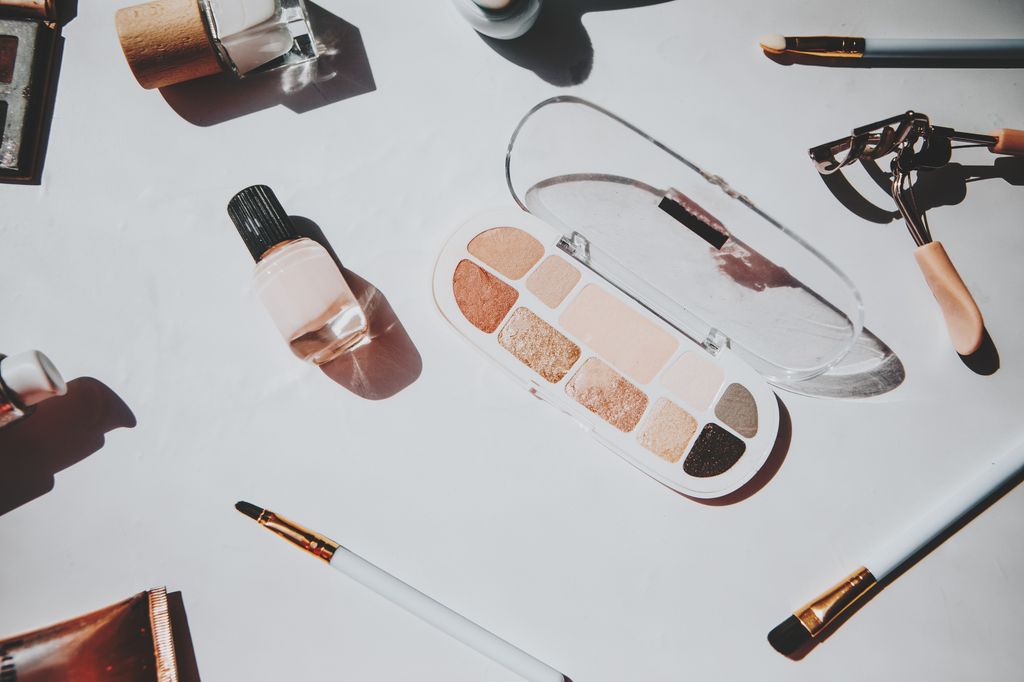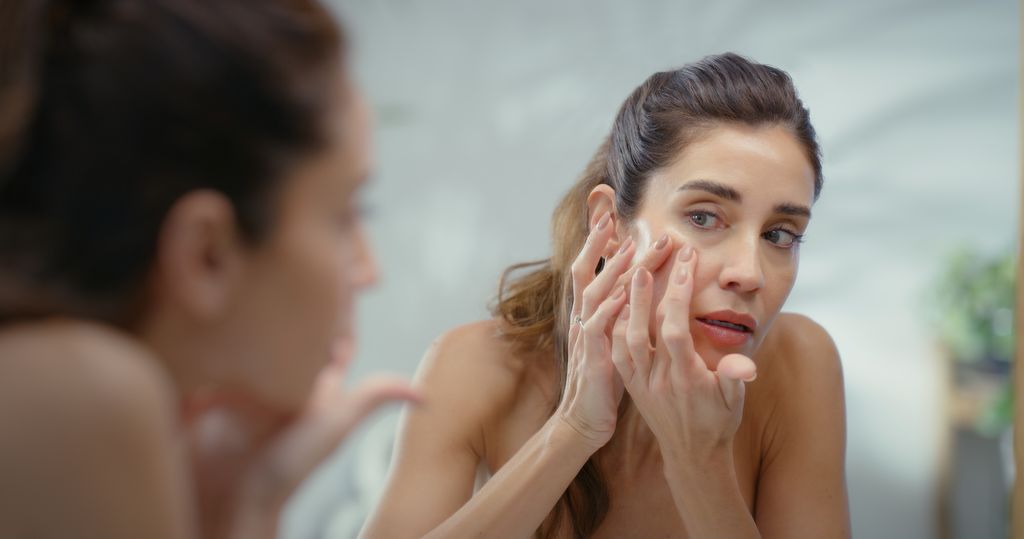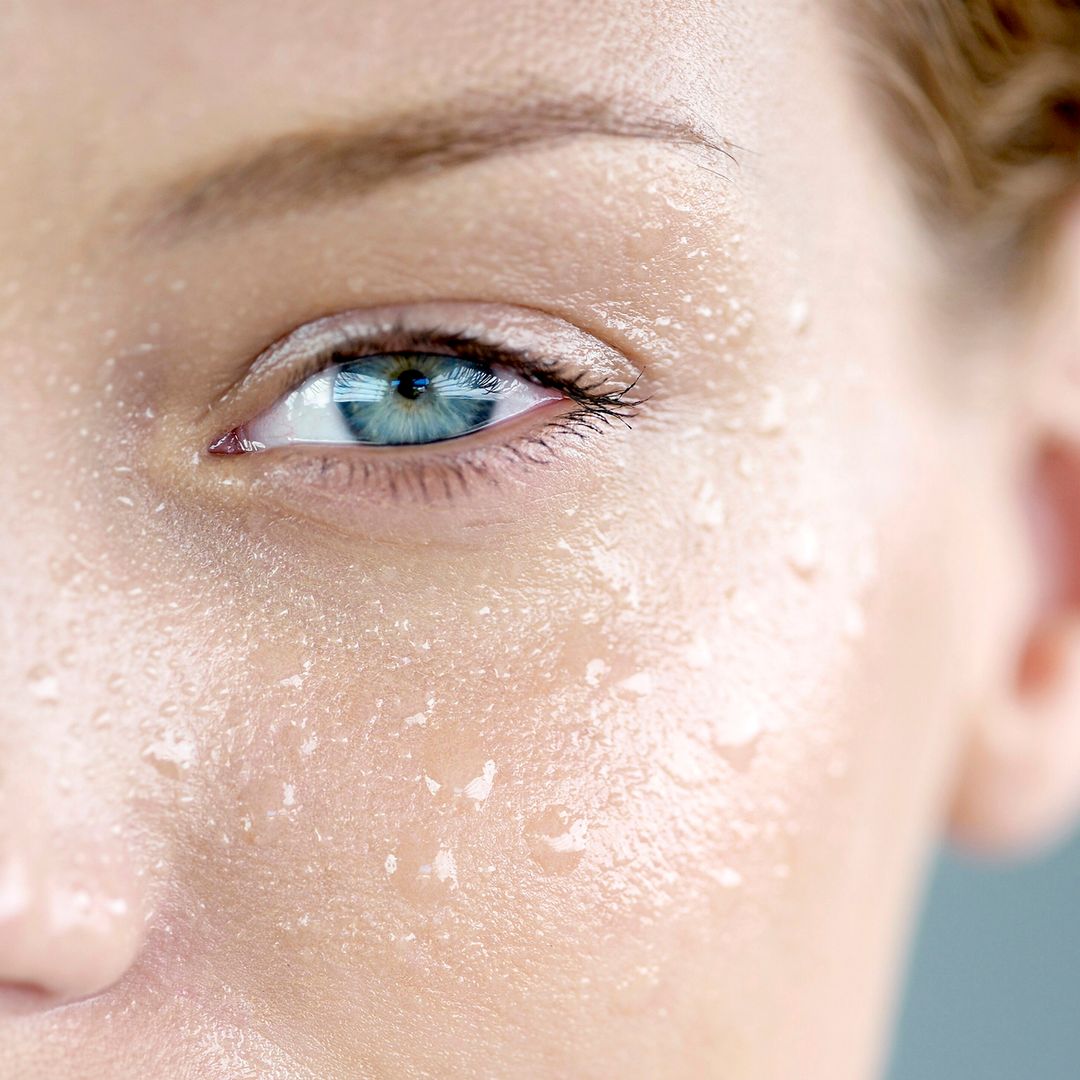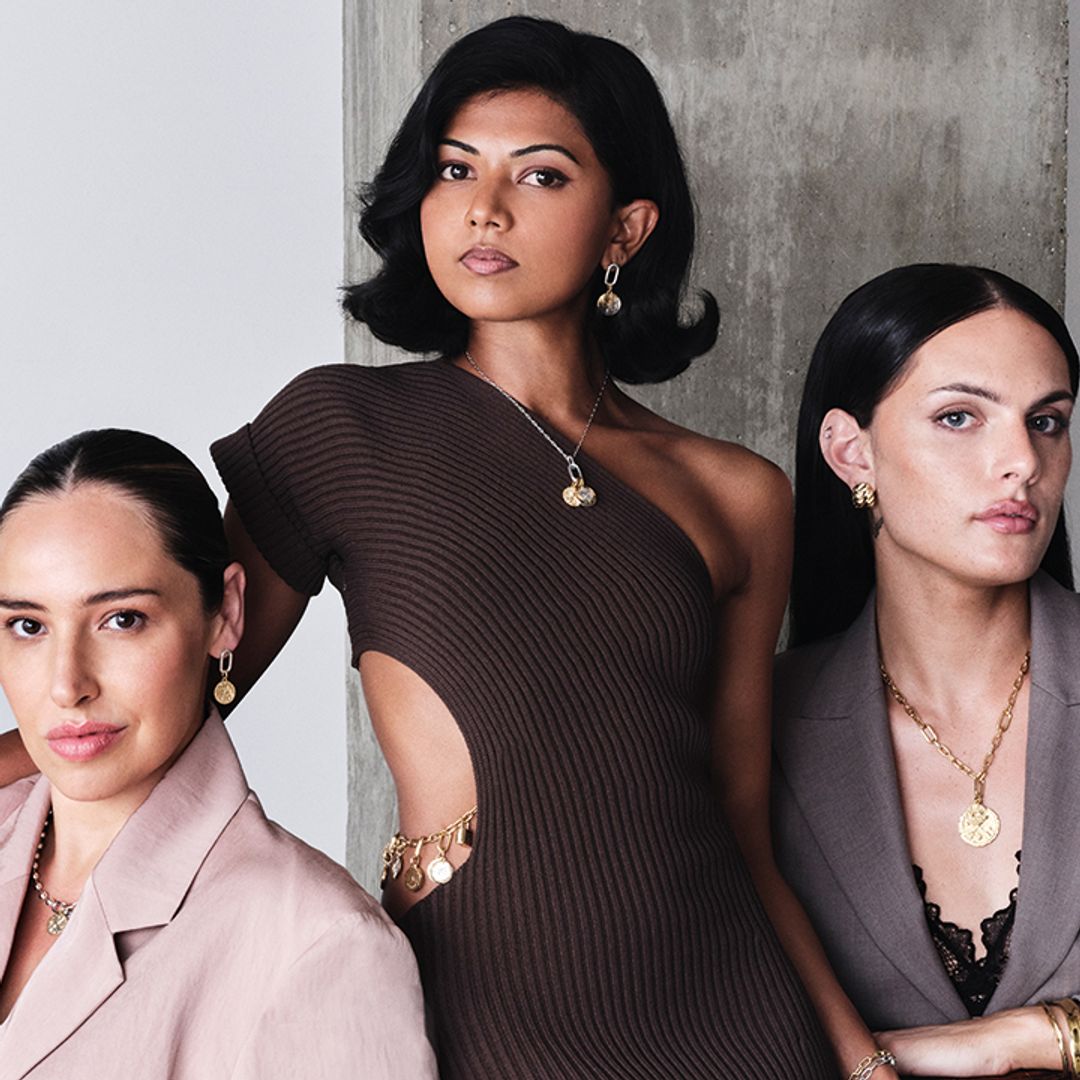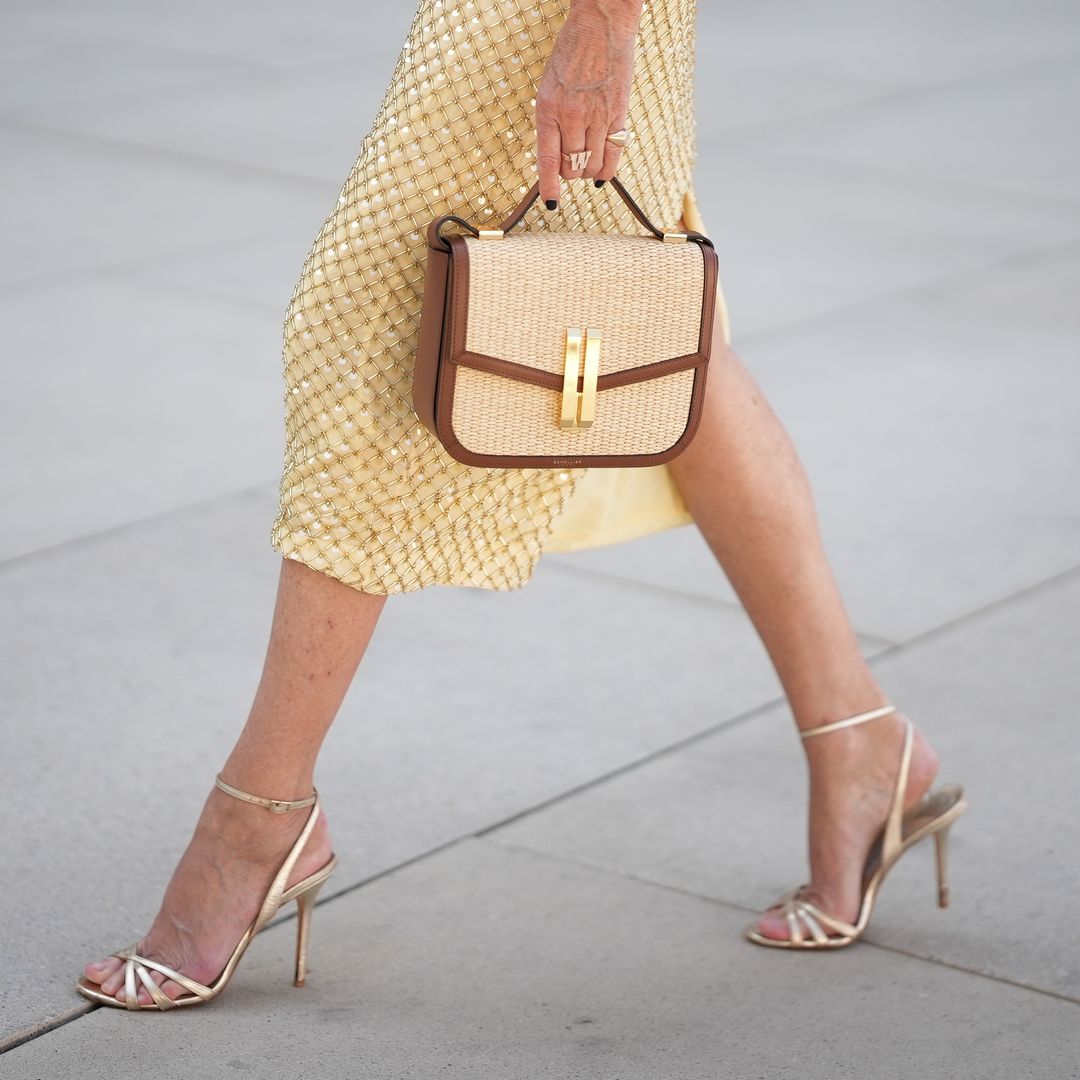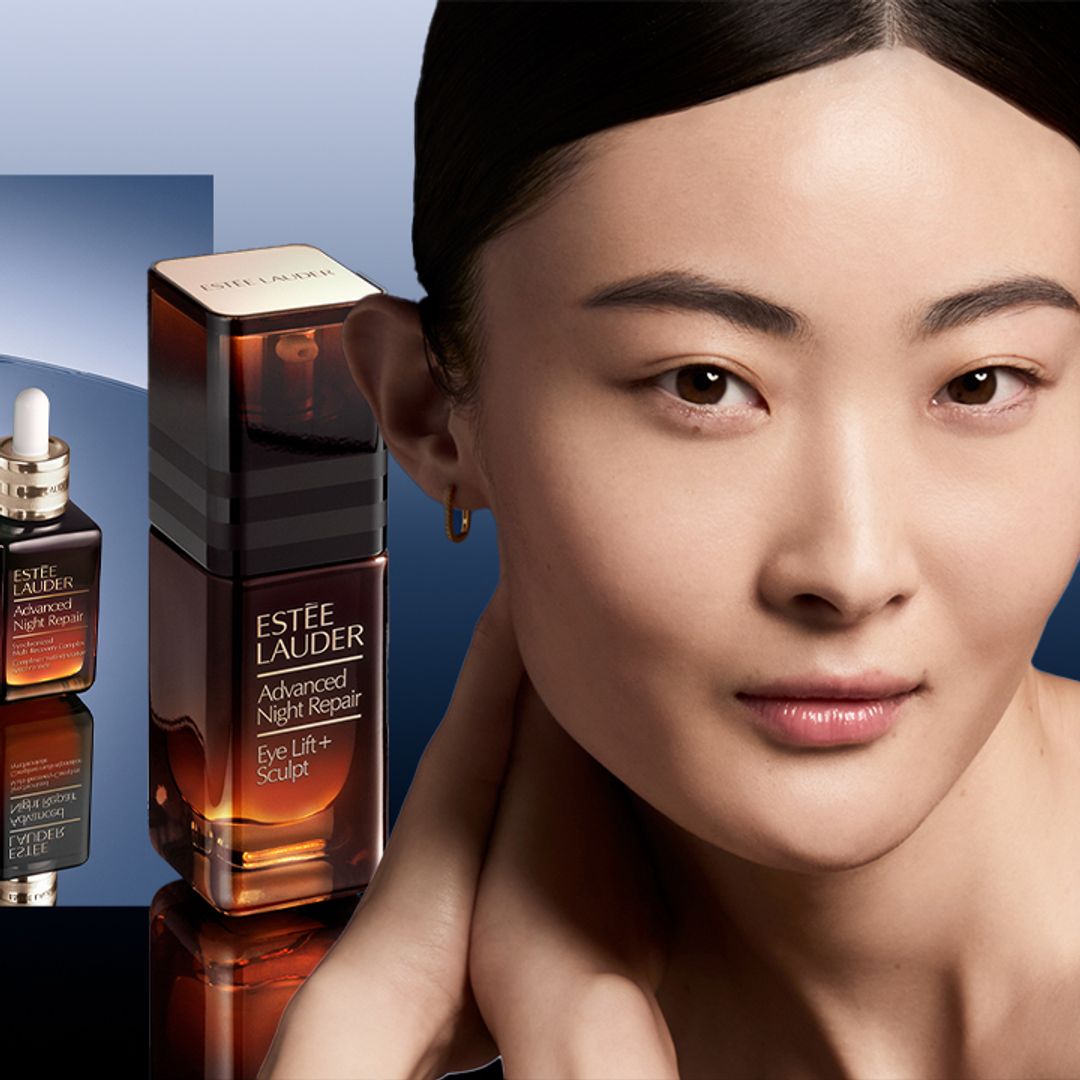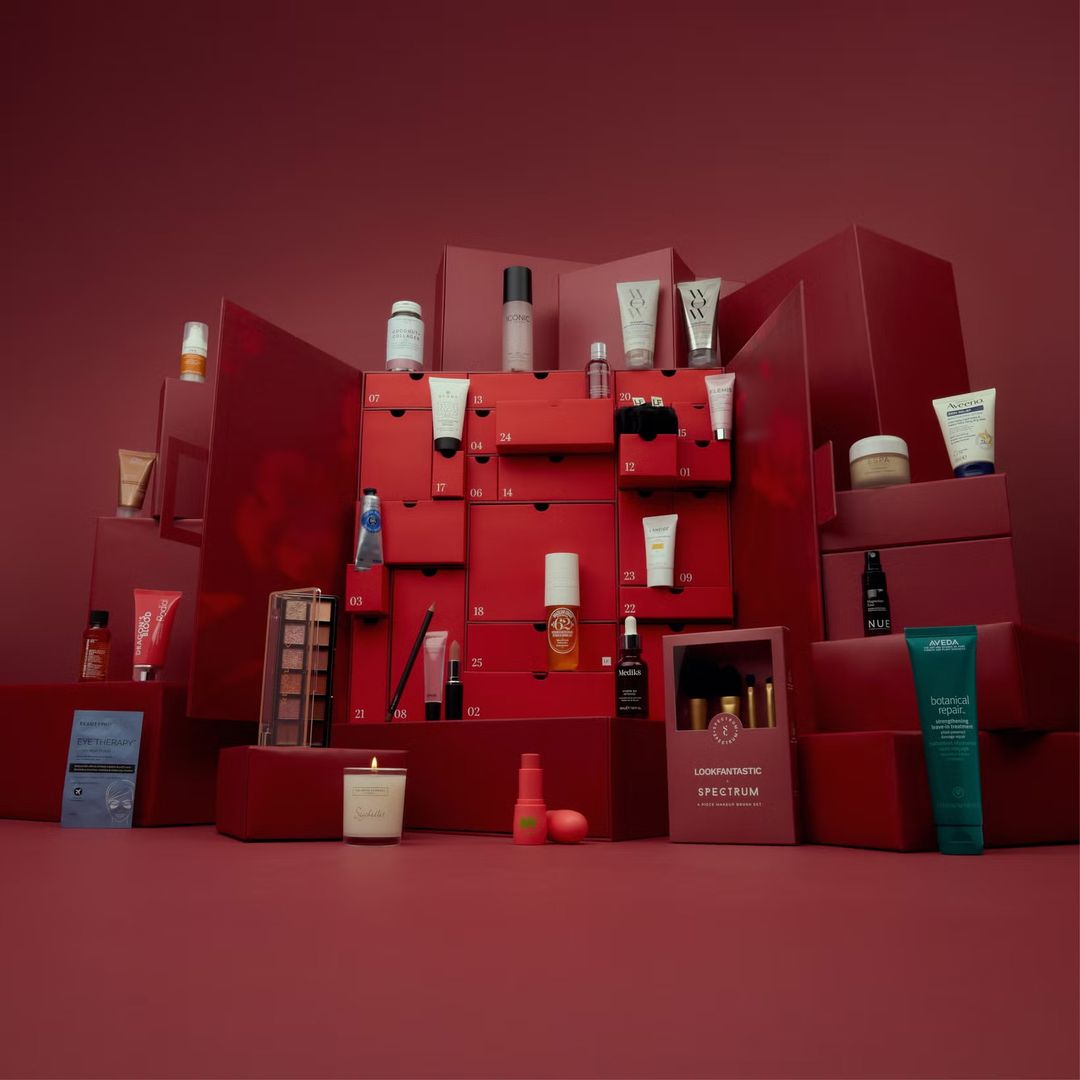Be honest, how many cosmetic or skincare products do you have in your collection that you can't remember buying? Many of us are guilty of holding onto beauty products from times gone by; the lipstick that never seems to run out, the powder compact knocking about in a drawer, or the serum at the back of the bathroom cabinet that only gets used once in a blue moon. But the reality is that it's crucial to pay attention to the expiry dates of our beauty products, not just for efficacy reasons, but for our health.
HELLO!'s Contributing Head of Beauty, Cassie Steer, offers her expertise on why ignoring expiry dates on our beauty products can lead to "real health consequences". She also offers how to spot if a product might be out of date, and how long we should be using our products before swapping out for shiny new versions.
How long do beauty products last?
Some might be completely unaware that skincare and cosmetics come with an expiry date. No fear, Cassie sets the record straight and assures that many products can be used safely and effectively for a reasonable amount of time. "It depends on the product and the packaging that they're housed in, for example, pots and jars that you repeatedly dip your fingers into will introduce more microorganisms and oils than formulas that come in a pump dispenser, but they typically last several months to a few years. Powder formulas generally last longer than those with a higher water content, whereas mascaras, for example, should be thrown away three to six months after opening."
Cassie notes that checking the labels is your first point of call. "If in doubt, always check the Period After Opening (PAO) symbol, which indicates how many months the product is viable for. Look for an open jar icon with a number followed by the letter 'M' often found on the bottom of jars or bottles," she advises, adding: "It pays to be a little label literate."
How important are expiry dates on beauty products?
Now we know where to find the expiry dates for our beauty products, but how much attention should we give them? It turns out, a lot. Cassie explains: "Expiry dates are not just a cynical ploy to make us buy more product - they can have very real consequences for our health as preservatives in cosmetics have a limited lifespan. At best, products become ineffective as the chemical compositions change, and at worst, they can harbour harmful bacteria which can lead to skin irritation, breakouts and even infections."
Once products are unsealed and opened, i.e. exposed to air and bacteria, they start to degrade immediately, even if overall they can last for a few months. "Products begin to degrade as soon as they're opened, especially those containing active ingredients like vitamin C, which are notoriously unstable."
Cassie also explains that while expiry dates are important, you can get away with using some beyond their date compared to others – it depends on the product and its use. "Due to the risk of eye infections, mascaras should be replaced three to six months after opening, because not only do they come into close contact with the skin, but you're also pumping air into the tube each time they're used." Cassie adds: "Meanwhile, some products are probably safe to use even after the PAO date, for example, powder formulas such as blushers. But there are some simply not worth risking an infection for - namely, those used close to the eye, such as mascaras and eyeliner."
Signs that a beauty product is out of date
If you've perhaps thrown away the packaging of your beauty product, you might not be able to check how in date your package is. Cassie says to look out for notable signs: "Changes in smell or texture, like separation or thicker/thinner consistencies, are generally the first clues that it may be time to toss your beauty products. A colour change can also be a giveaway, especially for products like vitamin C serums or foundations where oxidation can occur."
